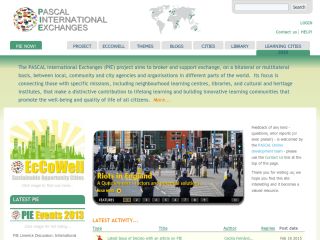|
LitBase, UNESCO’s Effective Literacy and Numeracy Practices Database, provides exemplary case studies of youth and adult literacy programmes representing some of the best practices around the world. The truly global nature of the collection – documenting over 230 case studies from 97 countries in all world regions – makes it a unique resource for providers and practitioners seeking to develop programmes that compare to the best in terms of design, implementation, monitoring and evaluation, and impact.
|
 Printer-friendly version
Printer-friendly version





















